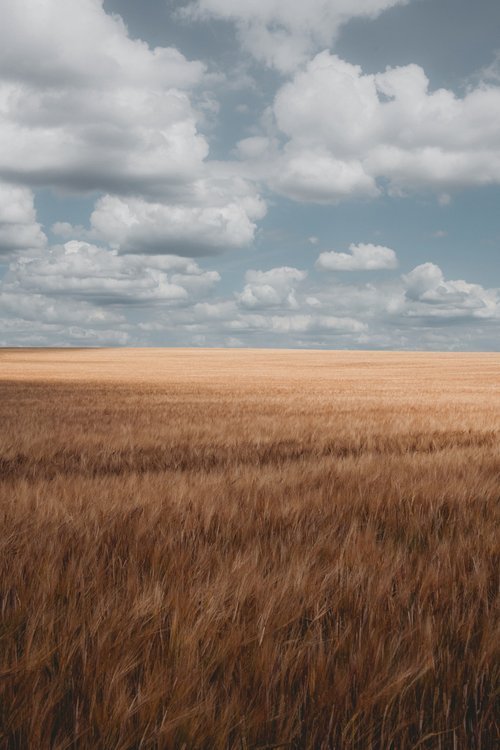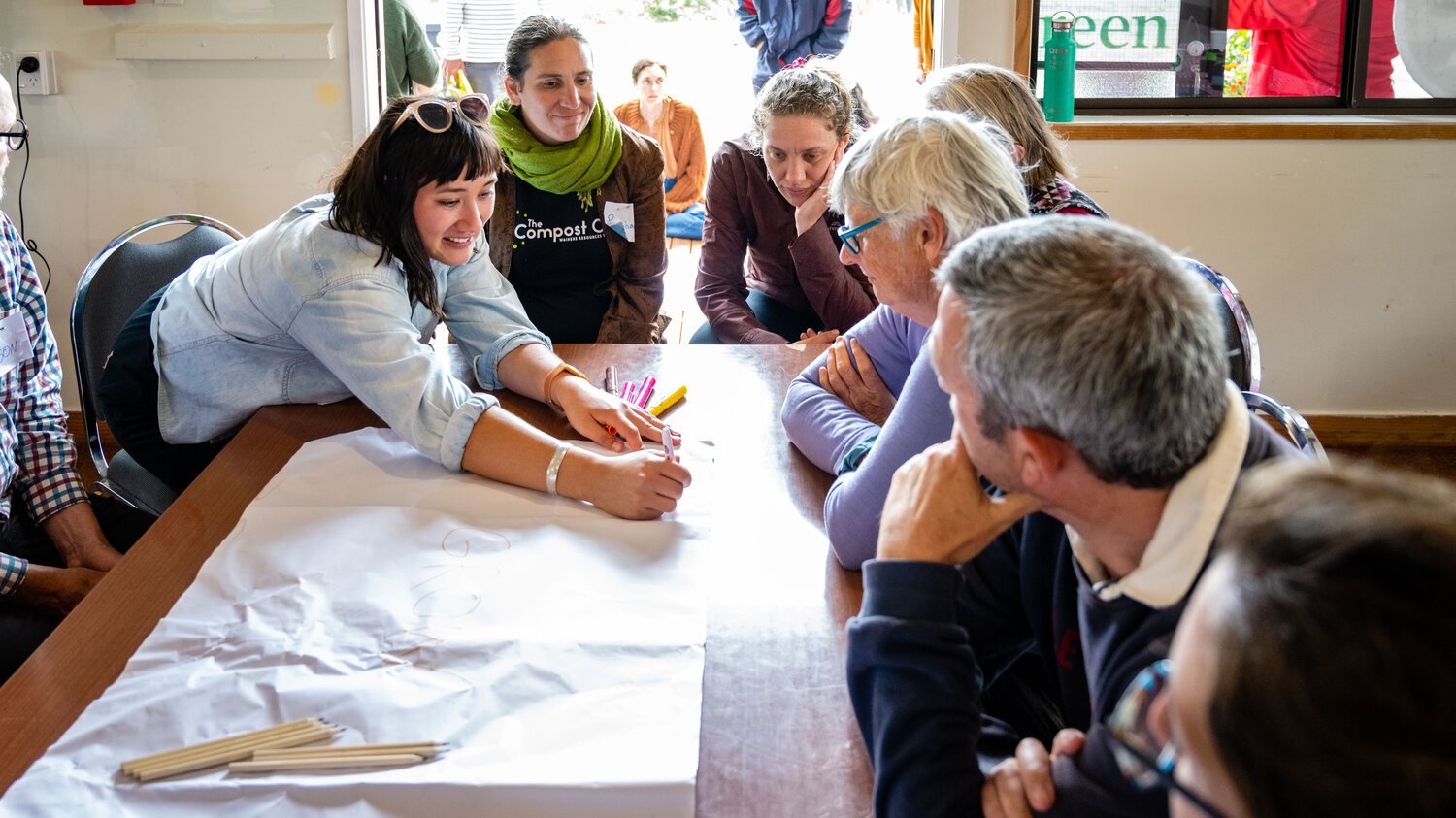
A menu of food items for Aotearoa New Zealand at COP27
The 2022 United Nations Climate Change Conference (COP27) puts food systems in the conference for the first time. Read our analysis of what this mean for Aotearoa, New Zealand.

Recipe for food crises: war, Covid, and climate change
The UN warns of multiple, looming food crises. These, it says, are driven by conflict, climate shocks, the fallout from the COVID-19 pandemic, and massive public debt burdens - exacerbated by the ripple effects of the war in Ukraine which has pushed food and fuel prices to accelerate in many nations across the globe. So how does this all fit together?

The price we pay for food
The price of food in New Zealand is rising. We can’t rely on charities alone (like food rescue agencies) to feed our hungry people. We need to address the complex issues in our broken food system to make real changes to the price of food.

Food at the heart of climate change
Emily King’s latest essay on food systems argues why we need to put food at the heart of climate change.
COP26, Glasgow, 2021: A code red for humanity. New Zealand needs to rethink it’s approach to climate change.

A time to dig (and dig deep)
Emily King reflects on Te Kōanga (Spring) 2021. During a lockdown and a pandemic, the time to dig takes on a new meaning. Using the example of Kai Waiheke and what’s happening in the Waiheke food system, she demonstrates how local food solutions need community at the heart and that it requires us to all dig a little deeper. This article first published in the Waiheke Weekender.

Labels are coming
From 12 November 2021 country of origin food labeling is mandatory in New Zealand on fruit, vegetables, meat and some fish. Find out what you need to do as a food business to be ready for this.

Stop paving paradise to put up a parking lot!
It’s time to stop the urban sprawl encroaching on our highly productive soils and sustainable food systems in our city-regions. Emily King discusses the statistics from Our Land 2021 and the recent Environment Court case that demonstrate the scale this expansion is having on our growers.

Learning from our food system during Covid-19
In a time of Covid-19, global lockdowns, restrictions on movements, business closure, and mass death by the pandemic, the food system is at the fore of people’s minds, alongside the health and economic systems around the world. We’ve seen the importance of population health and its role in a stable economy and we’ve seen a global response to a common threat. Covid-19 also illuminates our tenuous connection to our food system and how that system is linked to our health and economic systems.

